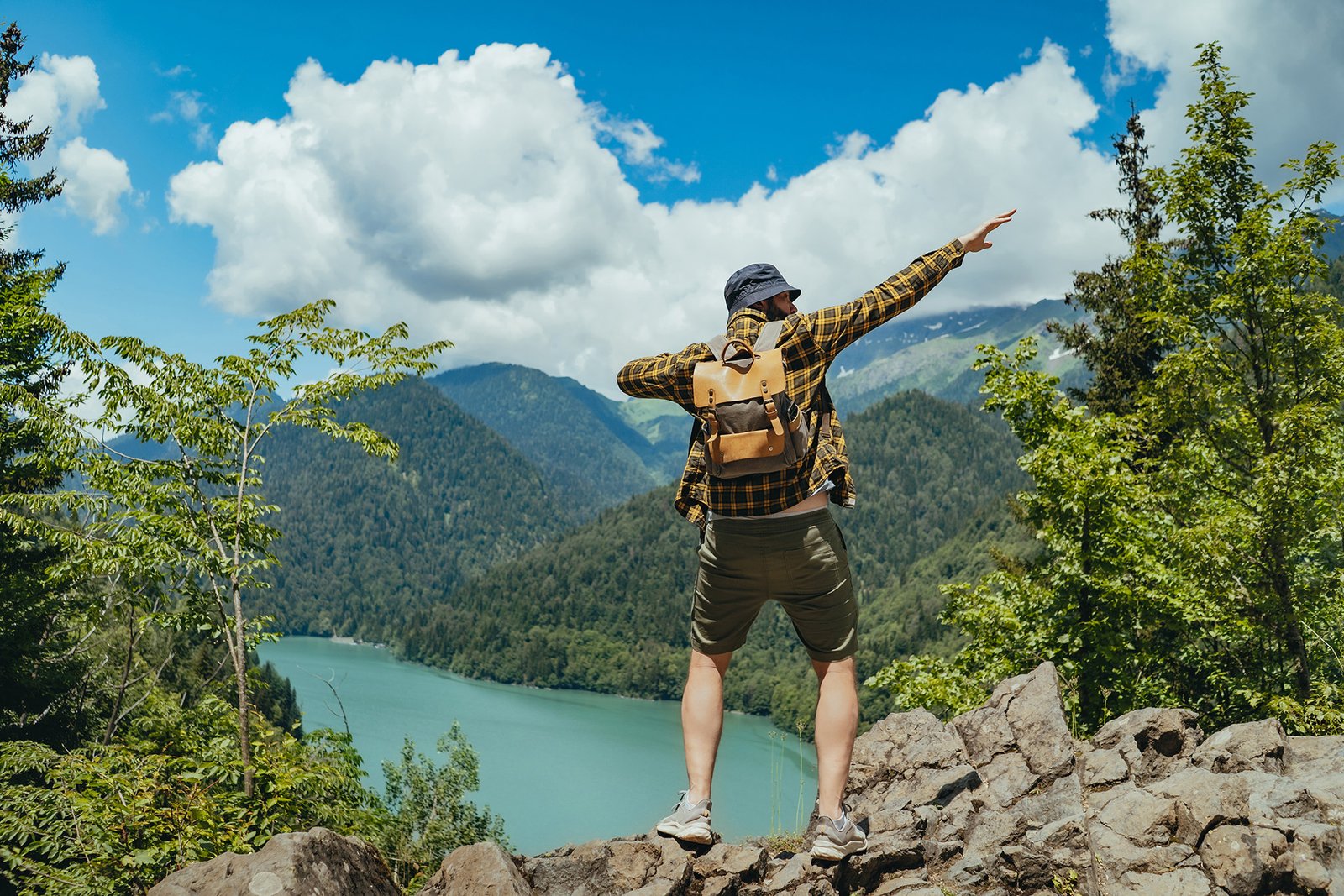
Traveling is an exciting way to explore the world, but staying safe is just as important as soaking in the sights. Whether you’re venturing to bustling cities, remote landscapes, or exotic destinations, being prepared can help you avoid common pitfalls and travel with confidence. Here’s an in-depth guide to staying safe on your journey.
Before you leave, familiarize yourself with your destination’s culture, laws, and safety situation.
Ensure someone you trust knows your travel plans.
Protecting your belongings is crucial to a hassle-free trip.
Whether you’re exploring a bustling market or hiking a secluded trail, situational awareness is key.
Getting from point A to point B safely is a top priority.
Health precautions can prevent your trip from being derailed by illness.
Cybersecurity is often overlooked while traveling but is just as important.
Having a contingency plan ensures you’re ready for unexpected situations.
Being respectful not only enriches your experience but also fosters goodwill from locals.
Food adventures are a highlight of travel, but food safety should come first.
Women traveling alone or in groups may face unique challenges.
Travel is one of life’s greatest adventures, and being well-prepared ensures you can enjoy every moment without worry. From securing your belongings to respecting local customs, these safety tips will help you navigate your journey confidently.
Ready to embark on your next adventure? Plan your safe and unforgettable trip with Daffodils Travel today!
We’re here to make every step of your journey seamless and inspiring—even before it begins. Whether you’re ready to plan your next adventure or just want to discuss your travel ideas, we’d love to hear from you.
We’re here to make every step of your journey seamless and inspiring—even before it begins. Whether you’re ready to plan your next adventure or just want to discuss your travel ideas, we’d love to hear from you.
Seller of Travel Registration (California Law Compliance)

© 2024 Copyright. All Rights Reserved.
Developed by TRM
We plan, you pack! Your next travel starts stress-free and full of excitement.
We plan, you pack! Your next travel starts stress-free and full of excitement.
We plan, you pack! Your next travel starts stress-free and full of excitement.
We plan, you pack! Your next travel starts stress-free and full of excitement.
We plan, you pack! Your next travel starts stress-free and full of excitement.
We plan, you pack! Your next travel starts stress-free and full of excitement.
We plan, you pack! Your next travel starts stress-free and full of excitement.
We plan, you pack! Your next travel starts stress-free and full of excitement.
Your perfect trip starts here. Just fill in the form and our expert team will take care of the rest—no stress, just excitement!